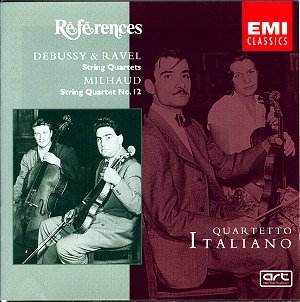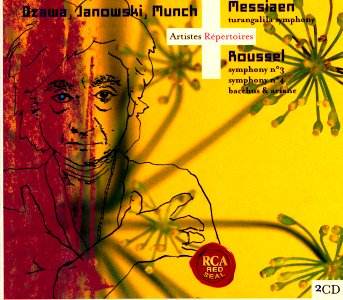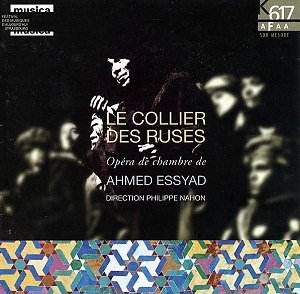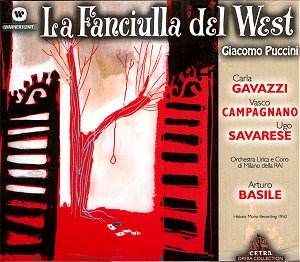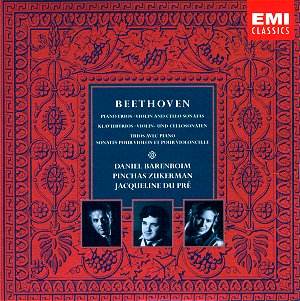 Composer: Ludwig van Beethoven
Composer: Ludwig van Beethoven
Works: Piano Trios, Opus 1 Nos. 1-3; Variations, Opus 44; Piano Trios, Opus 70 Nos. 1&2; Piano Trio, Opus 97 ‘Archduke’; Kakadu Variations, Opus 121a; Allegretto, WoO 39; Cello Sonatas, Opus 5 Nos. 1&2; Variations, Opus 66; Cello Sonata, Opus 69; Cello Sonatas, Opus 102 Nos. 1&2; Variations WoO 45 & 46; Violin Sonatas, Opus 12 Nos. 1-3; Violin Sonata, Opus 23; Violin Sonata, Opus 24 ‘Spring’; Violin Sonatas, Opus 30 Nos. 1-3; Violin Sonata, Opus 47 ‘Kreutzer’; Violin Sonata, Opus 96
Performers: Pinchas Zukerman (violin), Jacqueline Du Pré (cello), Daniel Barenboim (piano)
Recording: Rec December 1969, January 1970 (Piano Trios), Abbey Road Studios, London; August 1970 (cello and piano), Usher Hall, Edinburgh; December 1971, August 1972, June, July 1973 (violin and piano), Zehlendorf, Berlin and Abbey Road Studios, London; July 1972 (Tchaikovsky), Mann Auditorium, Tel Aviv
Label: EMI CLASSICS 5 74447 2
The music of Beethoven, especially his chamber works, encapsulates the transition from the Classical to the Romantic era, challenging performers to capture both the formal clarity and the burgeoning emotional depth inherent in his compositions. This extensive collection of Beethoven’s Piano Trios, Cello Sonatas, and Violin Sonatas, alongside Tchaikovsky’s Piano Trio, provides not only a rich aural tapestry of the composer’s evolving style but also a showcase for the formidable talents of Zukerman, Du Pré, and Barenboim.
The performances throughout this set are marked by a commendable balance between technical precision and interpretative insight. Daniel Barenboim, at the helm of the ensemble, offers a commanding presence that shapes the overall sound, often placing the piano at the forefront without overshadowing the strings. This emphasis on the piano is particularly evident in the expansive opening movement of the ‘Archduke’ Trio, where Barenboim’s broad but deliberate tempo encourages a profound dialogue among the players. The lush harmonic textures, coupled with the intuitive interplay between Zukerman and Du Pré, establish a cohesive narrative that resonates deeply with the listener. The intensity of their communication is also palpable in the ‘Ghost’ Trio, where Zukerman’s veiled tone in the slow movement conjures an atmosphere of haunting mystery.
Beethoven’s earlier trios, particularly those from Opus 1, reveal the composer’s nascent genius, a fact that this recording captures adeptly. The rhythmic vitality of the finale of the Piano Trio, Opus 1 No. 2, showcases the ensemble’s spirited approach, highlighting the intricate counterpoint and lively thematic development that characterize Beethoven’s first period. Here, the players navigate the youthful exuberance of the music with both flair and precision, a testament to their interpretative choices that elevate these works from mere historical documents to vibrant performances.
The recordings, which span various venues, exhibit a warmth and clarity that enhance the listener’s experience. While the audience presence is occasionally audible, it does not detract from the musical experience; rather, it adds an authentic charm to the live recordings, particularly the cello sonatas captured at the Edinburgh Festival. Du Pré’s rich tone and expressive playing convey an emotional depth that is profoundly moving, while Barenboim’s piano contributions maintain a remarkable equilibrium, ensuring that the sonatas are a true partnership of equals.
The Tchaikovsky Piano Trio stands out as a significant highlight within this collection. Composed as a tribute to the memory of Nikolai Rubinstein, the trio’s emotional breadth and structural complexity are masterfully realized in this performance. The players navigate its extensive two-movement structure with grace, capturing both the passionate outbursts and the introspective moments that define this work. The interpretative choices made here, particularly the sweeping lyrical lines and dynamic contrasts, underscore the trio’s status as a monumental work in the chamber music repertoire.
This collection, while not exhaustive, presents a compelling portrait of Beethoven’s chamber music, rendered with exceptional artistry by three of the 20th century’s most celebrated musicians. The interplay of the performers, coupled with a sound engineering quality that captures the nuances of their playing, makes this set a noteworthy contribution to the recorded legacy of these works. For those seeking an engaging and insightful exploration of Beethoven’s chamber music alongside a touching tribute from Tchaikovsky, this collection is not merely a recommendation but an essential acquisition for any serious classical music library.
